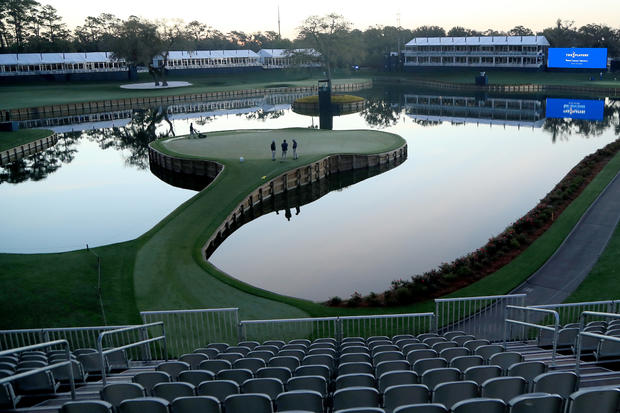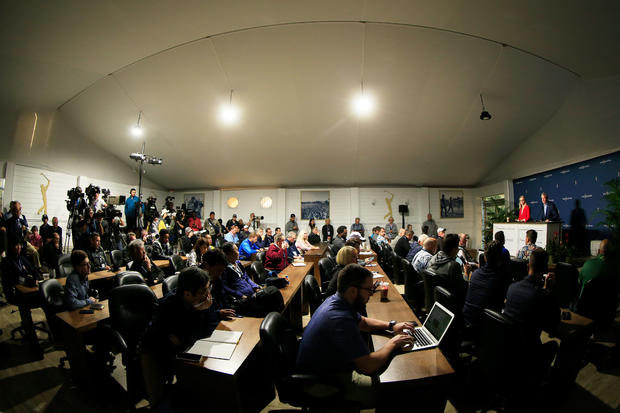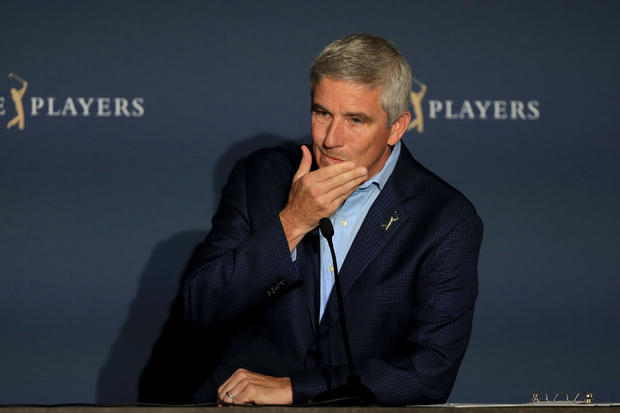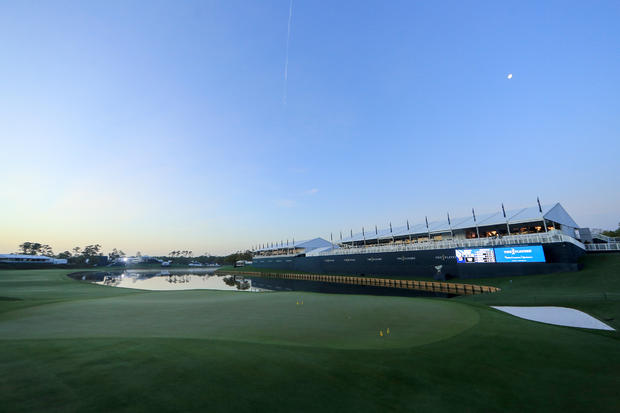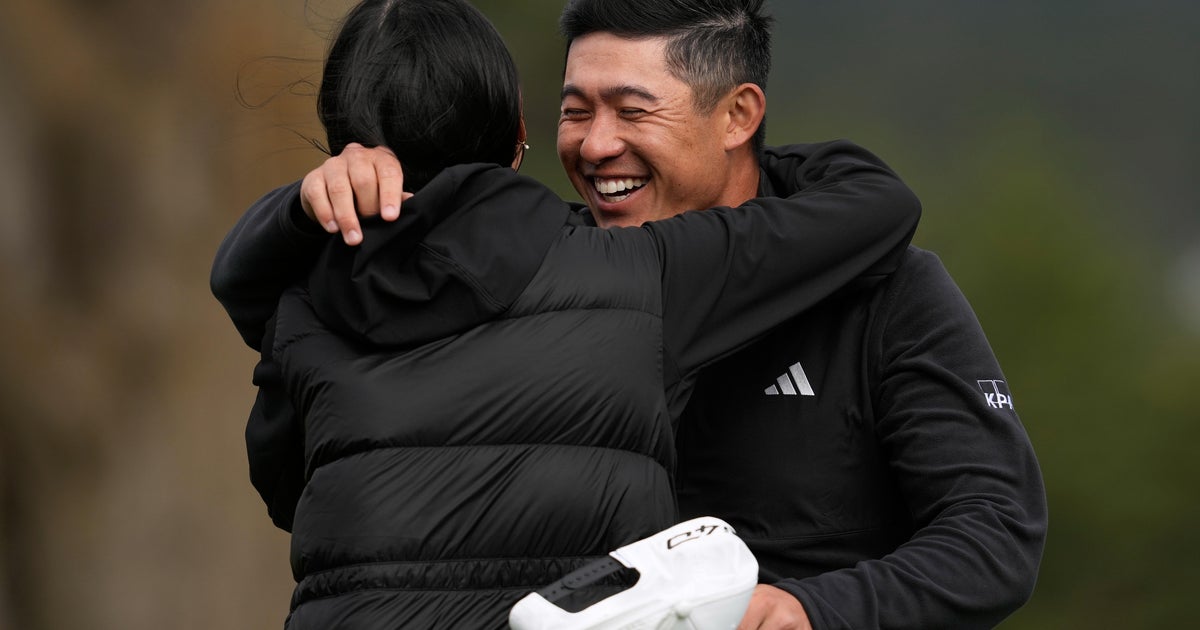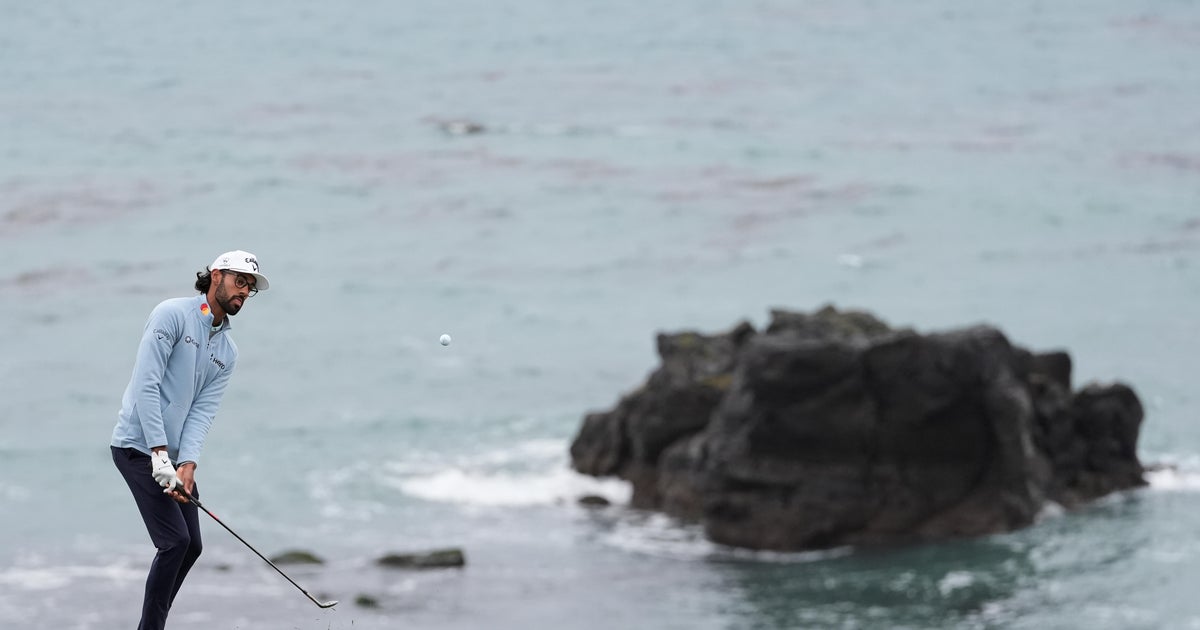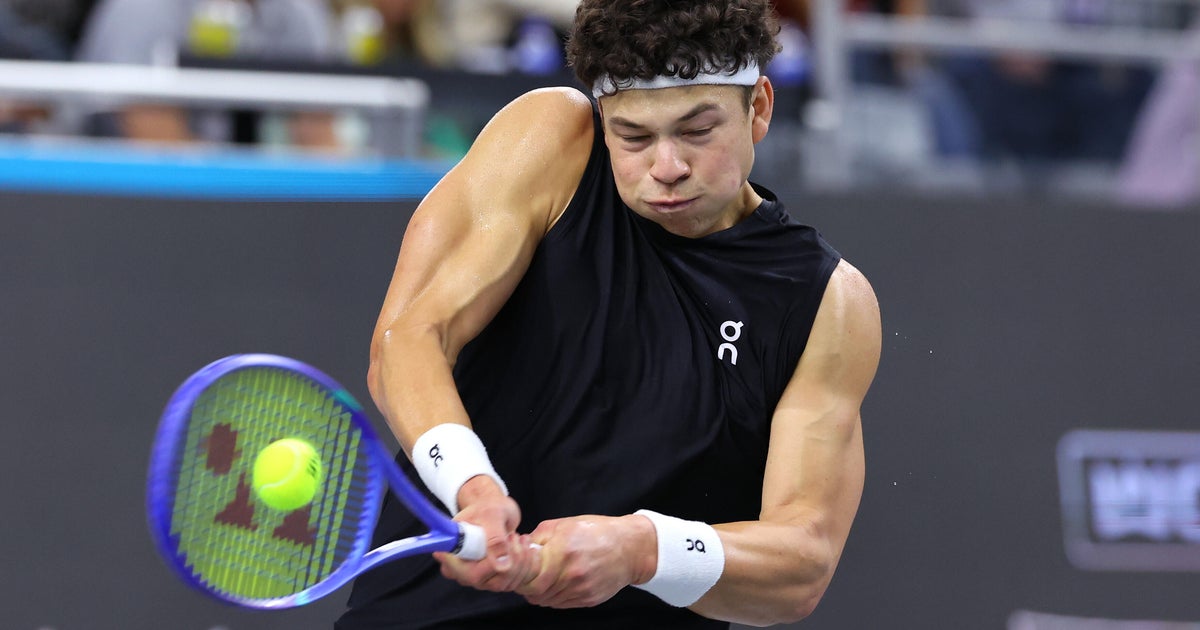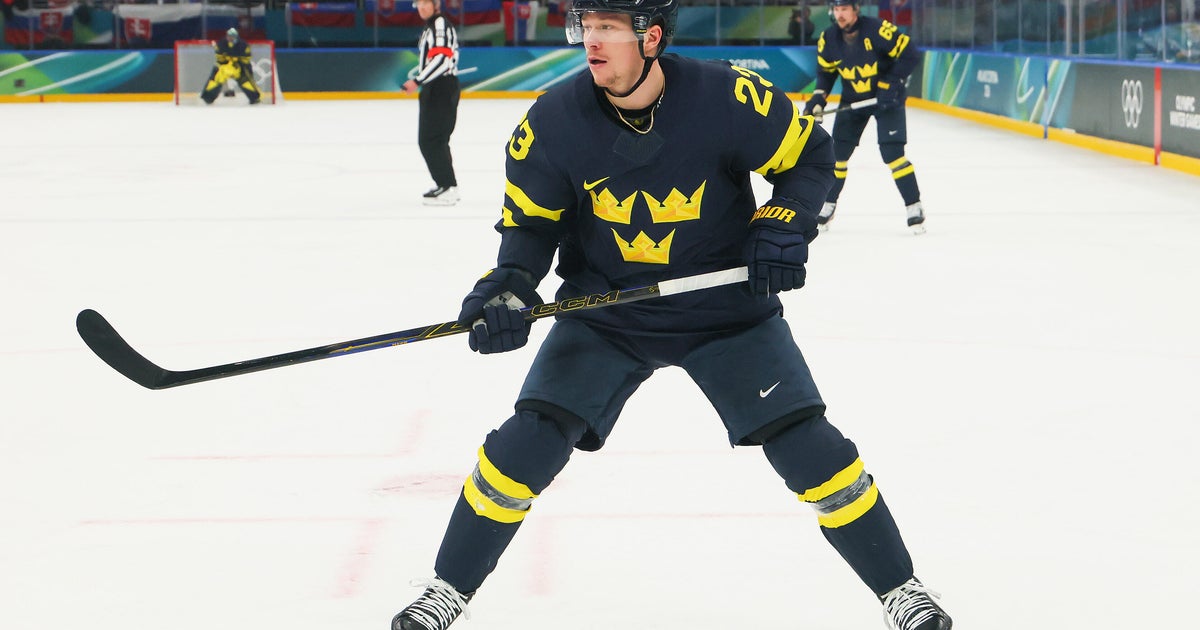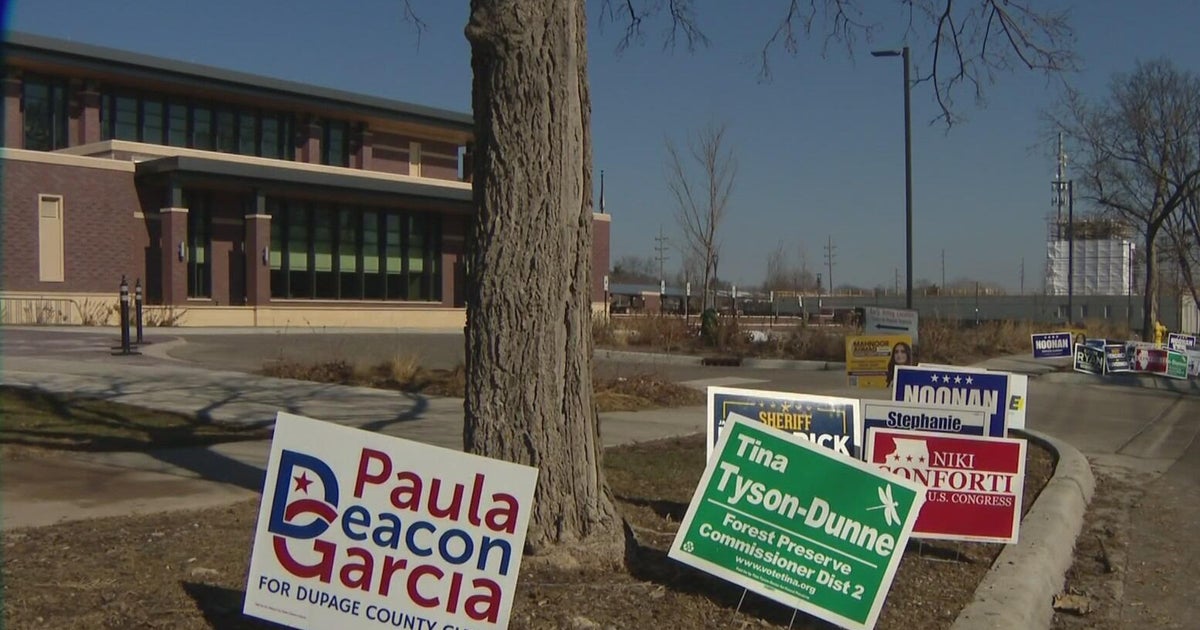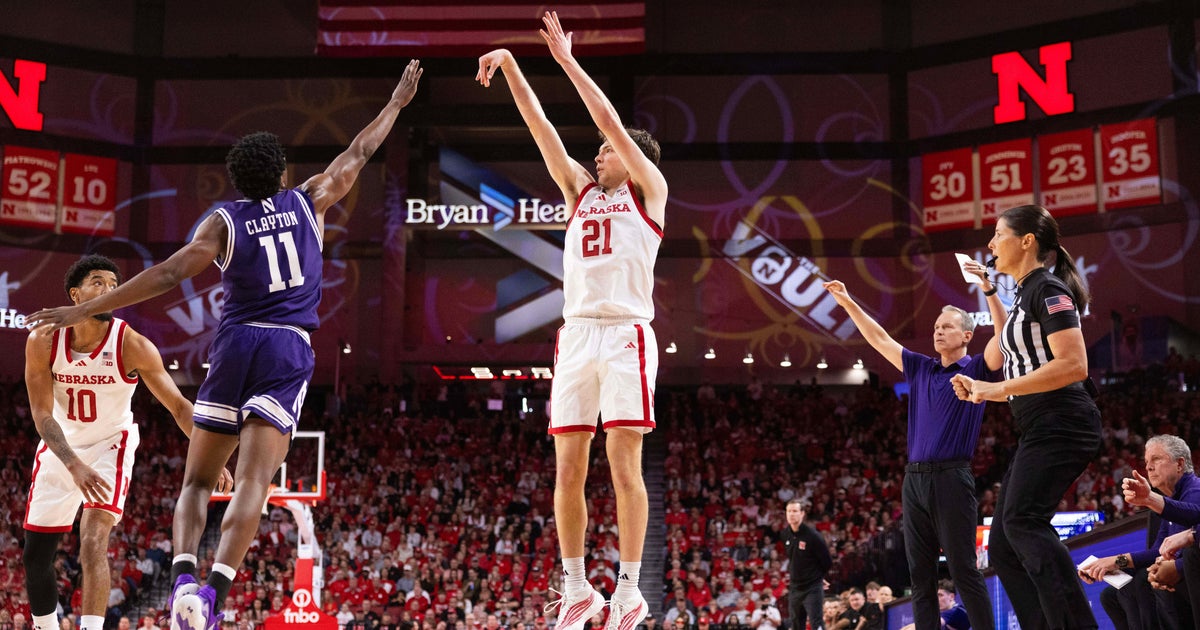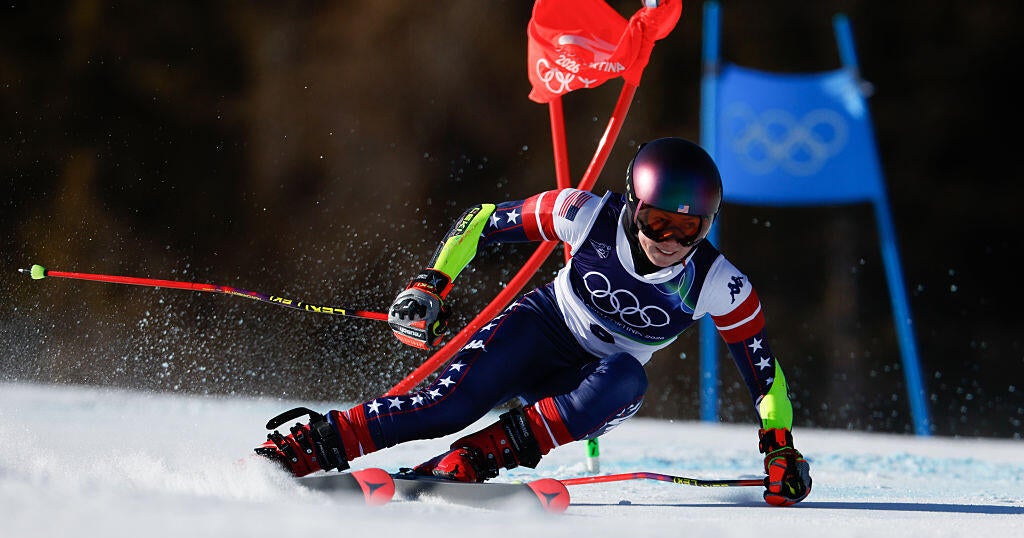PGA Golf Without Fans Should Be Interesting
Rory McIlroy contemplated what golf would be like without fans. This was five days before there was no golf at all.
"I'd be OK with it," he said at the Arnold Palmer Invitational, unaware the new coronavirus was about to shut down golf for at least three months. "It would be just like having an early tee time on the PGA Tour."
And then he added with a laugh, "I guess for a few guys, it wouldn't be that much different."
McIlroy had one of those early times when he was a 20-year-old rookie on the PGA Tour. He teed off in the second round of the Honda Classic at 6:59 a.m.
So this will be going back in time for McIlroy, along with the rest of the sport.
The PGA Tour set a target of June 8-14 at Colonial in Texas to resume its schedule, with no fans for at least a month. Even if the Charles Schwab Challenge doesn't prove to be the return, golf will be without spectators whenever it starts.
Will it matter?
Low score still wins, no matter who's there to see it.
But it will be a new arena.
"I could play without fans, but I don't think I'd play as well," McIlroy said Tuesday on his GolfPass podcast with Carson Daly and Stephen Curry. "Especially on a Sunday, back nine, you feed off that energy. You hear roars on other parts of the golf course and you sort of know what's going on. All those dynamics are in play when you have people there."
The dynamics go beyond noise, of course.
Nathan Grube, the tournament director of the Travelers Championship in Connecticut, is preparing it to be the third tournament, the last weekend in June, if golf resumes on schedule. There is hope. There is excitement.
There are no grandstands being erected.
That wouldn't be a big problem at the TPC River Highlands, which features a stadium design and allows for good viewing, especially over the closing holes.
But imagine other courses without stands, without hospitality suites, with nothing but green grass, white sand in the bunkers, the occasional water hazard.
Think about Mackenzie Hughes trying to play a cut into the 18th green at the Honda Classic, only to pull it into the middle of the bleachers. He was given a free drop. Years ago, the safe play on the 18th at Doral was to put it into the grandstands beyond the green to take water out of the equation, knowing there would be a free drop.
"They're not going to catch errant shots on some holes," said Mark Russell, a senior rules official on the PGA Tour.
They are temporary immovable obstructions, and they are a big part of modern golf.
That's why the USGA, and then the R&A, created a number of drop zones (white circles) in front of the grandstands around the 18th hole, starting with Winged Foot in 2006, to avoid taking too much time figuring out where to drop for shots into or behind the stands. In a few cases, it allowed for a player to advance his ball closer to the hole without hitting it.
Speaking of Winged Foot, consider that no fans on the course means the rough will remain just that. Phil Mickelson, as an example, has been known to hit tee shots so far off line that the ball comes to rest in an area where gallery traffic has trampled thick grass and led to a reasonable lie.
(Maybe if there were no fans at Winged Foot, he would have had to play toward the 18th fairway instead of hitting 3-iron, which led to double bogey and a runner-up finish in the 2006 U.S. Open.)
Fans were Arnold Palmer's best friends — literally, in so many cases, but also keeping some of his wild shots from straying too far off line.
Tiger Woods once came to the 18th hole at Bay Hill tied for the lead when he pulled his tee shot. It was headed out of bounds but instead struck one of the thousands of spectators in the neck. From grass that had been flattened by the gallery, he hit 5-iron to 15 feet and made birdie to beat Mickelson by one shot.
No gallery? It's happened before, most recently in Japan because of flooding. Before that, Congressional had no fans for the third round of the AT&T National because of trees downed by a wind storm. Woods, the biggest draw in golf, won both tournaments.
Sound is underrated in golf, especially at scenic Augusta National. Woods spoke to studying every leaderboard so when he heard a roar, he would have a better idea of who did what.
Max Homa recalled his first PGA Tour victory, a year ago this week at the Wells Fargo Championship, and how electric it was walking up the 18th fairway.
The next tournament he plays will be different.
"It will be weird," Homa said Tuesday. "I imagine the first person to win, it probably will be the strangest of their lives. It sounds very selfish of us to not want to play in front of fans because it won't be electric. But people are craving sports, craving entertainment. I'd carry my bag in front of nobody if needed."
Without fans, without noise and excitement, it won't be the same.
But it will be golf. And for the time being, that will do.
© 2020 Associated Press. All Rights Reserved. This material may not be published, broadcast, rewritten, or redistributed.
